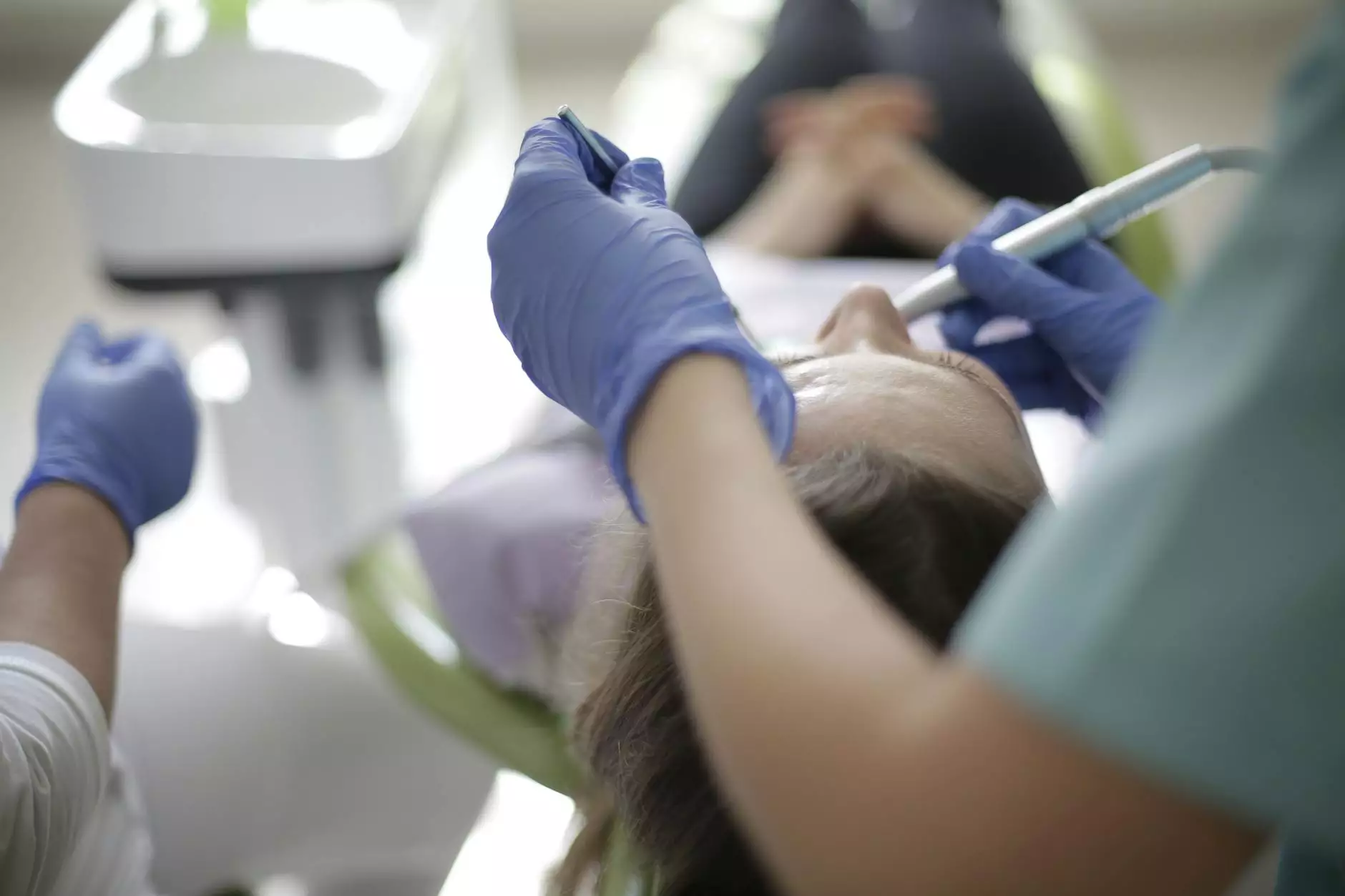The Role of a Dental Treatment Coordinator

In the world of modern dentistry, the role of a dental treatment coordinator is becoming increasingly vital. This individual plays a crucial part in ensuring the smooth functioning of a dental practice, from managing patient appointments to coordinating treatment plans and providing excellent customer service.
Key Responsibilities
A dental treatment coordinator is responsible for overseeing various aspects of patient care and administrative tasks within a dental practice. Some of their key responsibilities include:
- Scheduling patient appointments and consultations
- Managing patient records and treatment plans
- Explaining treatment options and associated costs to patients
- Assisting in insurance coordination and claims processing
- Ensuring continuity of care by following up with patients post-treatment
Benefits of Having a Dental Treatment Coordinator
Having a dedicated dental treatment coordinator can bring a multitude of benefits to a dental practice. Some of the advantages include:
- Improved patient satisfaction and experience
- Enhanced practice efficiency and workflow
- Increased case acceptance through clear communication of treatment options
- Streamlined administrative processes, leading to better practice management
Skills and Qualifications
To excel in the role of a dental treatment coordinator, individuals need to possess a combination of clinical knowledge and strong interpersonal skills. Some key qualifications and attributes include:
- A background in dental assisting or office administration
- Excellent communication skills and a customer-centric approach
- Proficiency in dental software and practice management systems
- Attention to detail and strong organizational skills
Collaboration with Dental Team
The dental treatment coordinator acts as a vital link between patients and the dental team, ensuring seamless communication and coordination of care. By working closely with dentists, hygienists, and other staff members, they help facilitate a cohesive approach to patient treatment and management.
Conclusion
In conclusion, the role of a dental treatment coordinator is essential in modern dental practices to deliver high-quality patient care and operational efficiency. Their contributions go beyond administrative tasks, as they play a key role in ensuring patients receive the best possible treatment experience. By recognizing the significance of this role and investing in the right talent, dental practices can enhance their overall service delivery and success.









